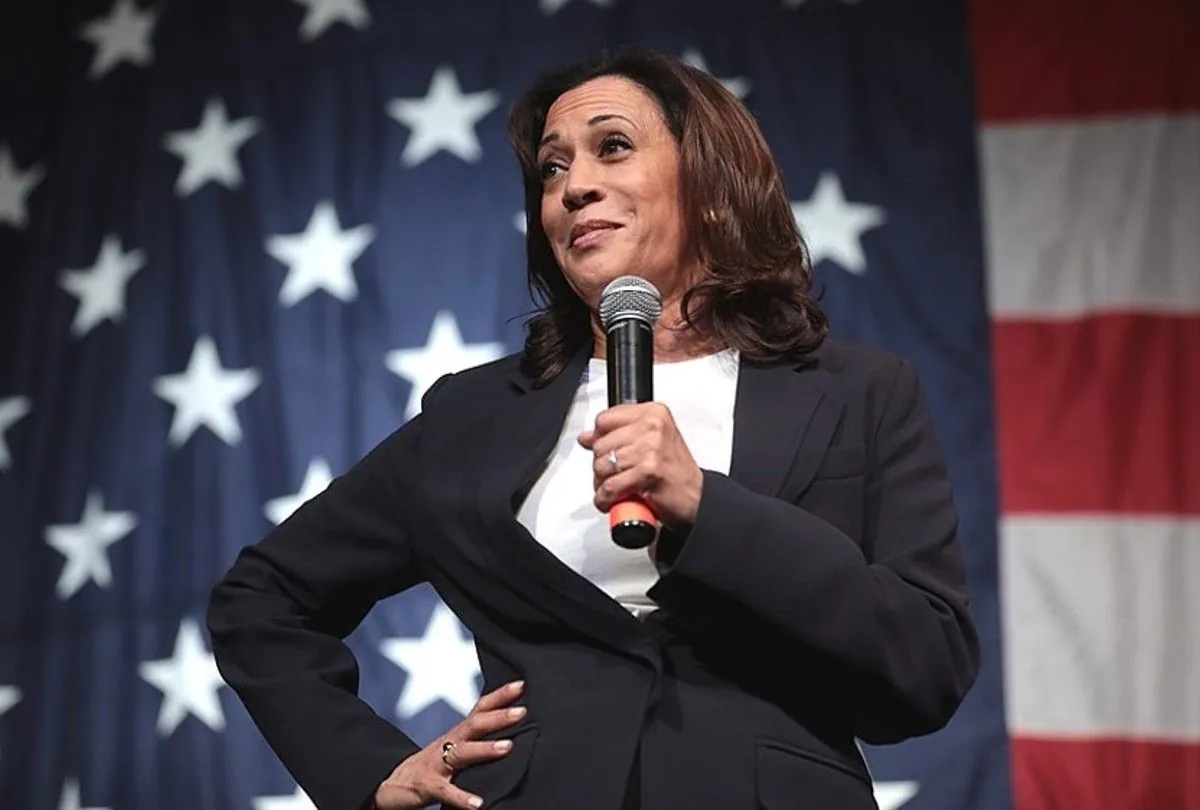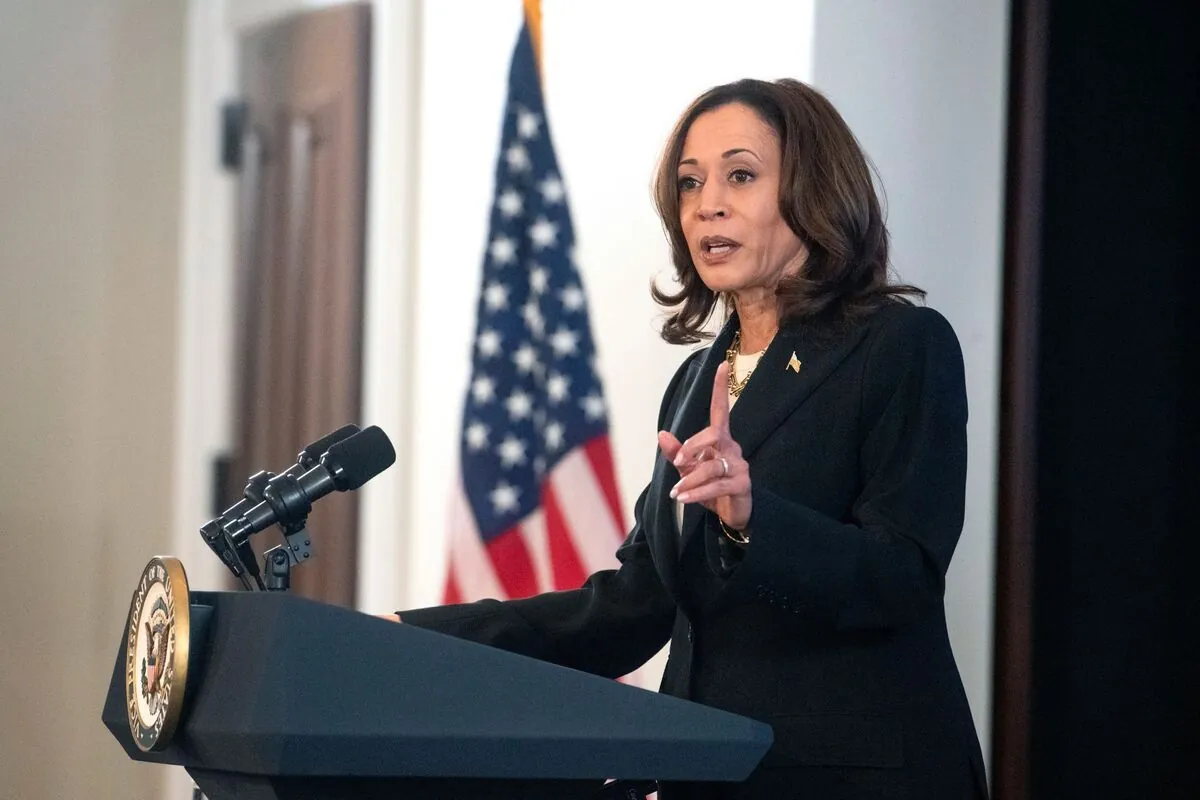Harris' Energy Stance: Balancing Climate Action and Industry Concerns
Vice President Kamala Harris faces scrutiny over her energy policy as she enters the presidential race. Her campaign employs "strategic ambiguity" to appeal to diverse voter bases in crucial battleground states.

As Kamala Harris enters the presidential race, her stance on energy policy remains a subject of intense speculation. The Vice President's campaign strategy, described as "strategic ambiguity," aims to appeal to a broad spectrum of voters in crucial battleground states without alienating either climate advocates or energy industry supporters.
Harris' background as California's Attorney General from 2011 to 2017 and her subsequent role as U.S. Senator from 2017 to 2021 have shaped her approach to energy and environmental issues. During her tenure as Attorney General, she secured significant settlements with major oil companies like Chevron and BP over pollution violations, demonstrating her commitment to environmental protection.
However, her current position appears more nuanced. The Harris campaign has clarified that she no longer supports a ban on fracking on federal lands, a stance she previously advocated during her 2019 presidential bid. This shift aligns more closely with the Biden administration's policies, which have overseen record U.S. oil production and exports.

The Vice President's campaign emphasizes her support for the Inflation Reduction Act (IRA), a landmark climate legislation that includes substantial clean energy subsidy programs. A campaign spokesperson stated, "As president, Kamala Harris will finish implementing the IRA and the bipartisan infrastructure law and build on their successes."
In battleground states like Pennsylvania, the second-largest producer of natural gas in the United States, Harris has secured endorsements from major labor unions. However, some union leaders, such as Rob Bair of the Pennsylvania State Building & Construction Trades Council, express a desire for more clarity on her energy policies.
"Would it be great if she came out and said, 'I love fracking, I want LNG exports, I want more nuclear facilities'? Sure, but that's not realistic."
The energy industry remains cautious. Chet Thompson, President and CEO of the American Fuel & Petrochemical Manufacturers, stated, "Until the vice president says otherwise, we have to believe she still stands for everything that was in her 2019 policy plan and for every policy she cosponsored as a senator."
As the November 5, 2024, election approaches, Kamala Harris faces the challenge of balancing climate action with energy industry concerns. Her campaign's strategic ambiguity may prove crucial in attracting voters in key states like Michigan, Pennsylvania, and Wisconsin, where blue-collar workers in extractive and manufacturing industries often support Republican policies favoring fossil fuel production.


































